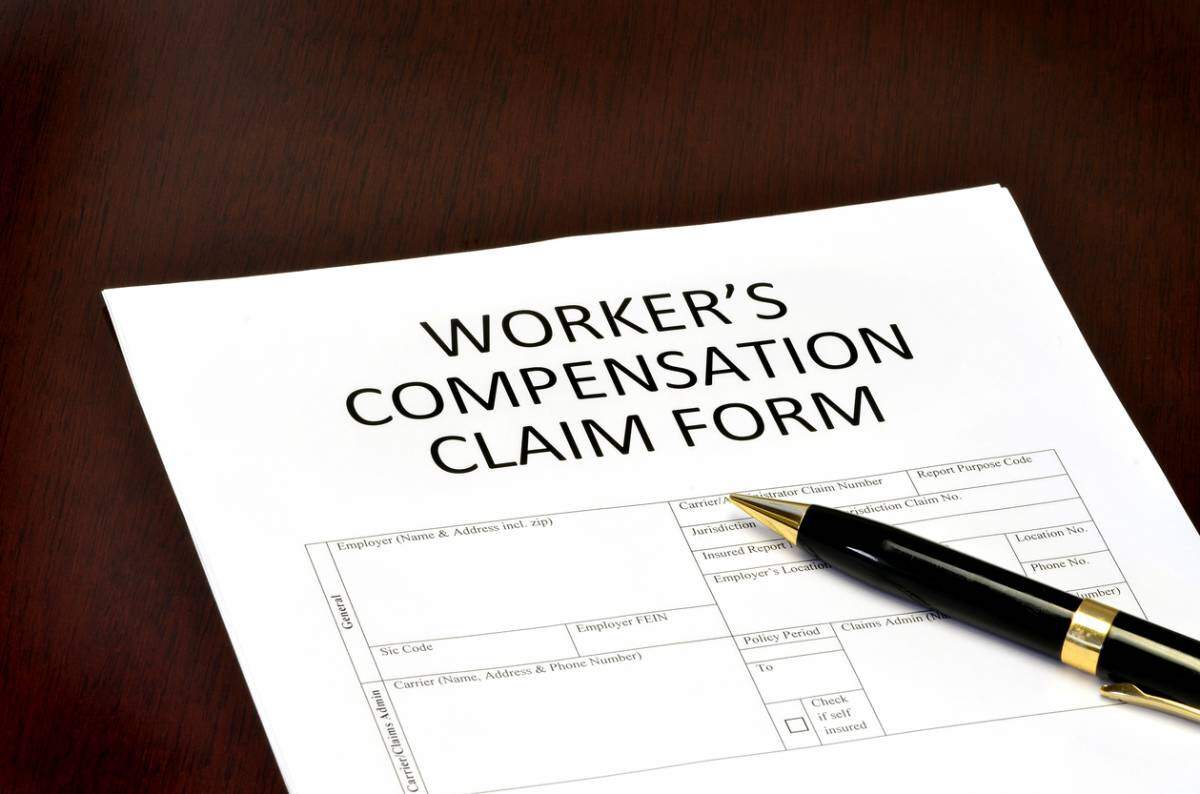If you have been injured at work, you should be receiving benefits for all of your work related injuries.

While certain types of jobs put workers at a higher risk of injury, workers in any type of employment can get injured. Some of the most dangerous industries to work in include construction, manufacturing, assembly work, mining and others like these. Nurses and retail workers also face a high risk of injury.
Workers Compensation Laws – History
Prior to workers compensation laws being put in place, a worker who got injured on the job would have to file a lawsuit against the employer to recover damages. The worker had to prove that the employer was negligent in some way. This way never easy, because a low or average income worker could typically not afford lawyer fees. So, this system clearly favored the employer, and not the injured worker, because the worker was often unable to fight for his/her rights.
As many injured workers were devastated by this system that benefited employers, legislatures took notice and decided to enact the workers compensation laws. The laws were put in place to benefit both the worker and the employer. This new system did not favor one party, but made things easier for both.
MO Workers Comp Laws
The workers compensation laws are designed in a way that no one is at fault, which means, neither the employer, nor the worker is at fault. In order to claim workers compensation, the only thing that matters is that worker was injured at work, or they developed an occupational illness as a result of their job or job environment. This rule applies in almost all workers compensation cases, however, there are some exceptions to the rule.
An injured worker may be denied their workers compensation benefits if their injury was a result of any of the following:
- The worker intentionally tried to hurt themselves, for example, they tried to injure themselves so they could get workers compensation benefits or they attempted suicide
- The worker was under the influence of alcohol or drugs at the time of accident
- The workers was trying to injure someone else, however, they ended up getting injured themselves
If you made an innocent mistake at work, you should be able to recover workers compensation benefits. For example, if you accidentally spilled chemicals, fell from a height or left a piece of machinery on, you should still qualify for all of your work injury benefits.
Getting Your Work Comp Benefits
Our legal team has a strong history of helping injured workers get the medical attention and financial compensation that they need. Contact our St. Louis, Missouri workers compensation law firm to ensure that your rights are protected. Please call (314) 361-4300. You can also complete our Online Case Evaluation Form to schedule your FREE consultation.
Workplace Injury and Accident Causes
Asbestos Exposure
Asbestos Removal
Second Hand Asbestos Exposure
Sexual Assault Workplace
Physical Assault at Workplace
Workplace Injuries Assembly Line
At Fault Accident
Workplace Attack
Benzene Exposure
Injured on Lunch Break
Building Collapse
Workplace Bullying
Chemical Exposure in the Workplace
Chemical Hazards in the Workplace
Cold Stress in the Workplace
Combustible Dust Explosion
Computer Use
Construction Site Accident
Conveyor Belt Accident
On the Job Injury Cause by Coworker
Crane Accident
Injuries from Desk Jobs
Diesel Exhaust Fumes Exposure
Digging Injury
Breaking Company Policy
Drowning at Work
Workplace Drug Use
Electrical Workplace Accidents
Elevator Accident
Equipment Accident
Ergonomics in the Workplace
Excessive Overtime
Workplace Explosion
Extreme Danger
Fall at Work
Fire in the Workplace
Slicer Accident
Forklift Accident
Walk in Freezer
Gas Pipeline Accident
Hard Work
Workplace Hazardous Substances
Hazardous Equipment in the Workplace
Heavy Machinery Accident
Horseplay in the Workplace
Danger at Workplace
Insomnia in the Workplace
Jumping Accident
Ladder Falls at Work
Loading Dock Accident
Machinery Accident Workplace
Equipment Failure Accident
Mining Accident
Mold in the Workplace
Nail Gun Accident
Workplace Noise
Non Collision Accident
Heavy Objects
Workplace Office Equipment
Opioid Use
Injury at Work Due to OSHA Violation
Overexertion Injuries at Work
Use of Pain Killers
Power Tool Injury
Inadequate PPE
Repetitive Motion Injuries in the Workplace
Mansfield Bar
Scaffolding Accident
Secondhand Smoke in the Workplace
Side Effects
Silica Exposure
Sleep Disorder
Slip and Fall Injuries in the Workplace
Stairs at Work
Struck by a Vehicle
Tar Fumes
Toxic Chemical Exposure
Toxic Fumes in the Workplace
Car Accident While Working
Trench Collapse
Trips at Work
Unsafe Working Conditions
Workplace Violence
Welding Injury
Winter Hazards in the Workplace
Working Shifts
